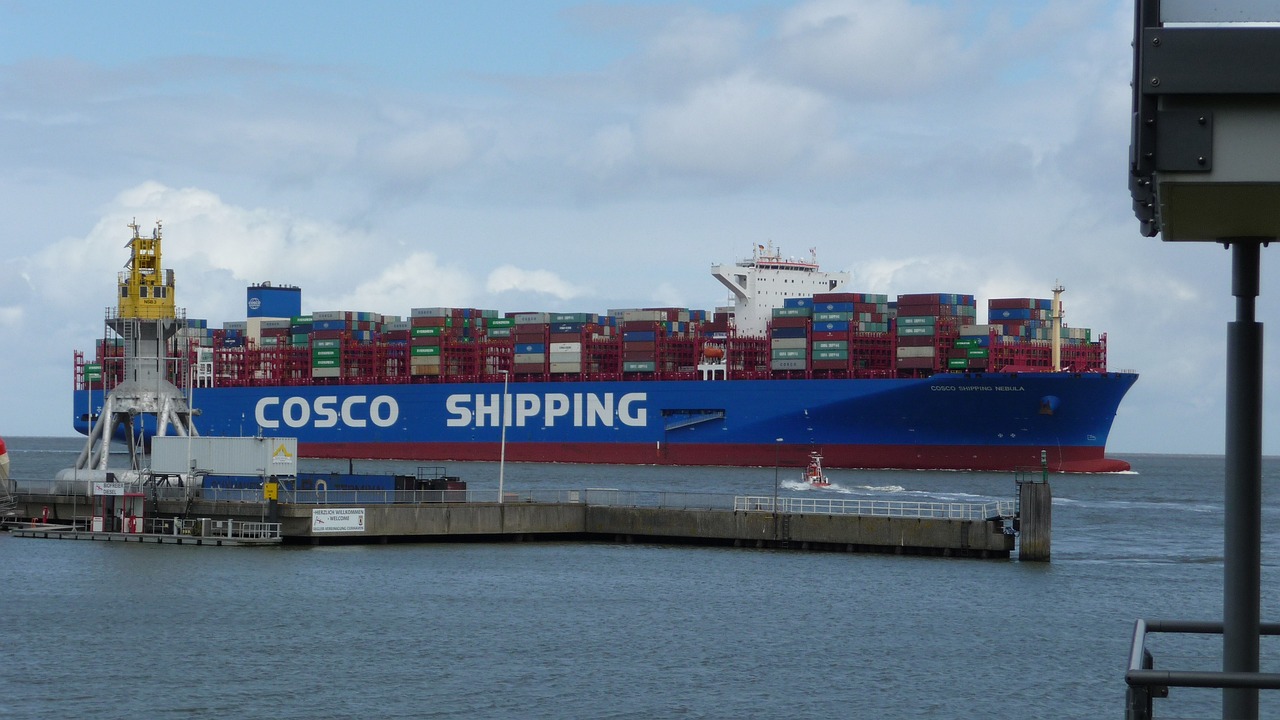The German Chancellor (leader of the country is called Chancellor in Germany, like we have the Prime Minister in India), Mr. Olaf Scholz, heads a coalition government.
Today, the German cabinet approved the sale of 24.9% stake in Tollerort – one of the three terminals owned by the German logistics firm, Hamburger Hafen und Logistik AG (HHFGn.DE). The stake will be given to Chinese shipping and logistics company, Cosco.
This approval has come just before the German Chancellor’s visit to China next week.
Why is Hamburg Port important?

Hamburg is Germany’s largest port – both by volume and by value of goods. It is the third largest port in Europe and among the Top 20 globally.
A port is used to import and export goods into and from a country. Therefore, ports, like roads, railways, airports, and other travel facilities, are important infrastructure assets for any country.
Owning a port gives the owner a lot of power over the country.
Usually, such assets are owned directly by the government and private ownership is not allowed.
The current operator, Hamburger Hafen und Logistik AG, has the following ownership structure (as per the 2019 annual report of the company):
68.4% – Free and Hanseatic City of Hamburg
The rest is given to the public and is traded on stock exchanges in Germany.
Why is this deal controversial?
This deal is controversial because many German leaders, including the ones belonging to the ruling coalition, feel that Chinese ownership over Germany’s largest port facility might risk German interests in the future. There is a precedent – the southern Hambantota (Eastern port) in Sri Lanka, is owned by the Chinese and this has led to some conflict between Sri Lankan and Chinese interests.
Germany’s ministries of economy and foreign affairs cautioned against the deal. Even the European Union communicated its reservations (fears) about the deal.
Further, with Russia-Ukraine war extending, Europe has had to look for alternative energy suppliers. It is felt that China will have a greater say in the internal affairs of Germany if it owns key infrastructural facilities within the country.
Already, investigations by two media companies in Germany have revealed that the Chancellor’s office worked to push the deal even though all the Ministeries associated with the deal rejected it.
But a Chinese company is not the same thing as the Chinese government?
In this case, it is. Cosco is a SOE – State Owned Enterprise. The company is owned by the Chinese government directly.
Cosco started by asking for a 35% stake in September 2021. After much negotiation, this 24.9% stake sale (just under one fourth by ownership) has been approved. The next step is for Cosco to approve this change. Then the sale will be formalised.
Cosco already owns stakes in Rotterdam and Antwerp (Europe’s largest ports) and controls the port of Piraeus in Athens.

